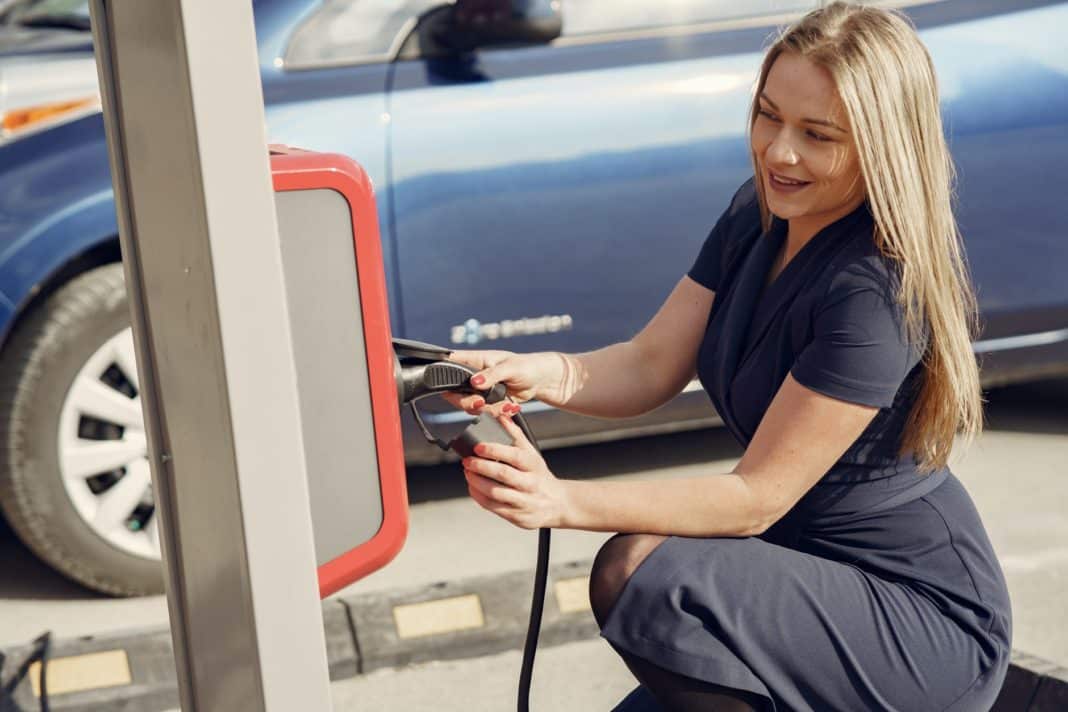
The growth of the people in the world is still expanding, the need for continued development is a must, otherwise the way we live would depreciate and living standards would decline.
However, growth in itself brings its own problem. It is the soap bubble syndrome; as the growth gets larger, so the walls become thinner and eventually burst.
The motorcar industry, over the last hundred and more years, through the development of the product, has made the car a requirement in most families.
Originally one vehicle per household, and then it was two, and as the younger members became of an age for a driving license, they also want one and why not?
The joy of their own means of personal transport, travelling ‘to and fro’ in their own private space.
Governments continually try to control the congested movement and emissions of these chariots roaming the street – new one-way systems, wider roads and speed limits and sometimes attempts to discourage by the development of cycle lanes .
And still the obstruction of the roadways continues and although travelling time gets less, the use of the private transport does not end.
Some form of control over the development itself is also important if only for safety reasons and to try and limit the exhaust fumes from the various small and large vehicles clogging the thoroughfares.
The workings of the diesel engine have advanced over the period from the smoking monster, spewing the poison from buses and large lorries, to later versions with cleaner exhaust.
This change from the blue smoking, noisy, rumbling machine, became so advanced that governments recommended the sale of new cars, the sweet running diesel version over the petrol variety.
A decade or so later that decision is now seen as wrong, partly because some manufacturers cheat about how clean the exhaust from their engines is, with the discovery they were not as clean as first thought, affecting the people who rushed out to buy the recommended vehicles, who are now holding a car with less value than they thought.
Suddenly, and very suddenly, the problem of the congested streets was solved in a way no government could have visualised. The pandemic and the lockdown leaving large numbers of personal carriages with nowhere to go.
New thinking, and the determination to bring down carbon emissions brings about a change of thought – no more sales of new vehicles fitted with the internal combustion engine after the year two thousand and thirty.
Once the pandemic is over it is doubtful if this will make a difference to the congested roads or the use of the private motorcar.
But this new thought will bring many changes. One wonders if the powers that be, are not making a similar mistake to the recommendation of the diesel engine cars.
The sale of motor fuel creates vast amounts of money for the government, not only is there petroleum tax on the fuel, when sold it is taxed again with VAT. Also, there is revenue from the spin offs in oils and other necessities.
Another change, having recently been almost run over by a very quiet electric car in a car park as I did not hear it coming up behind me, this makes me wonder about the aspects of road safety, when all vehicles quietly travel the highways and the byways, creeping up on the pedestrian.
Perhaps my thoughts are deep and without foundation, but electric cars are very quiet and very quick.
Most of all, how are governments going to replace the income from the sale of petroleum fuel? Taxes on what else I wonder?
Currently the figures look good for owning an electric car, as running cost compared with a diesel or petrol driven cars are miniscule – surely that will change. If a person wants to have the privilege of travelling around in his own private space then there must be an outlay for the privilege – two reasons, space itself is at a premium and the country will need funds to be viable.
Take care and stay safe
All Percy’s ramblings are available in book form through Amazon and Kindle.





